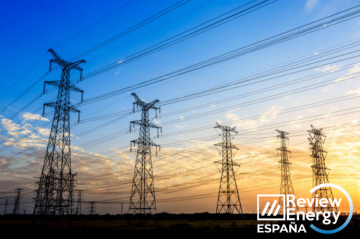
Critical Raw Materials Act: key to investment and competitiveness of storage in Europe
The European Commission, Member States, the European Investment Bank and the European Bank for Reconstruction and Development met to assess the progress made in the energy storage sector through the European Battery Alliance and to focus on the way forward for 2023. European Commission Vice President Maroš Šef?ovi explained that the Critical Raw Materials Act is key to decreasing dependence on essential minerals from other countries. “I believe that the Critical Raw Materials Act can be a game-changer, by sending a clear political and policy signal”, he said.
The meeting held served to analyze the current international context, with the aim of deciding what the future steps will be. The Ukraine war and the push for batteries from other world economies naturally affect Europe's competitiveness, so it will be necessary to continue to support investment, and among those proposals is the push for the Critical Raw Materials Act. “The European Battery Alliance has been turning the spotlight on the risks stemming from our overdependence on critical minerals from third countries, especially China”, he defended.
Thus, he highlighted the essential role that the Critical Raw Materials Act has for the European development of energy storage. “Among other things, it can help us increase Europe's sustainable extraction, processing and recycling capacities. And it can also assits us in streamlining and speeding up permitting procedures for strategic projects”, Šef?ovi said.
For the European Commission vice president, 2023 is going to be “another defining year for the European Battery Alliance, and more generally, for the future of clean tech industries in Europe”. “In 2022, total investment in the EU’s battery ecosystem topped 180 billion euros. We now have over 160 industrial projects in place or in the making, along the entire value chain, amounting to some 70 GWh of installed battery capacity”, he explained to attendees.
Šef?ovi thus remarked on the EU's rapid progress in this strategic field. "With 30 Gigafactories announced across our Member States, we have been moving fast towards our open strategic autonomy in this critical sector, which is vital to Europe's net-zero ambitions”, he said.








Comentarios
Sé el primero en comentar...